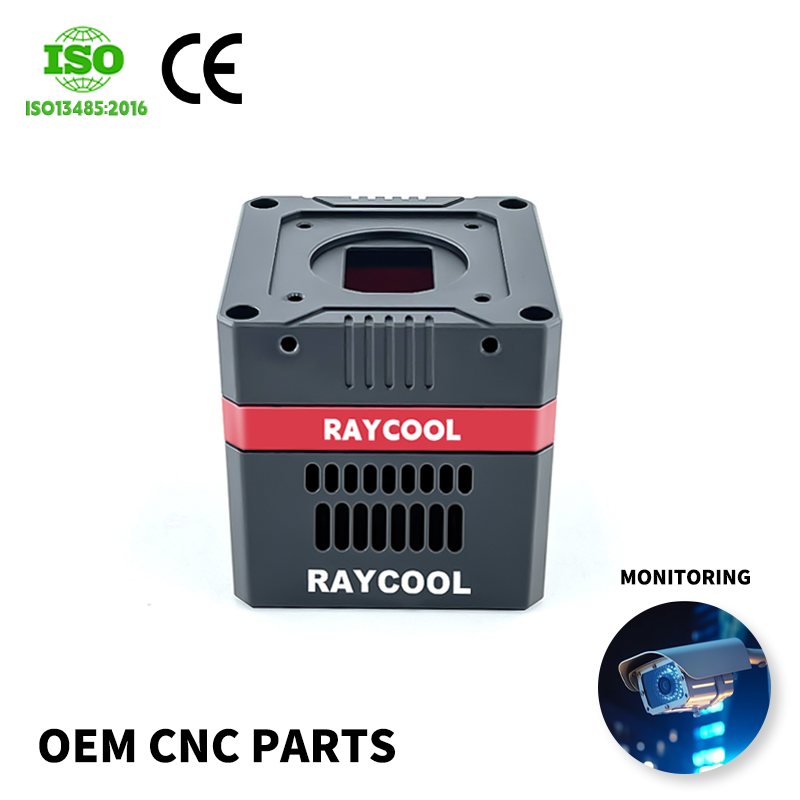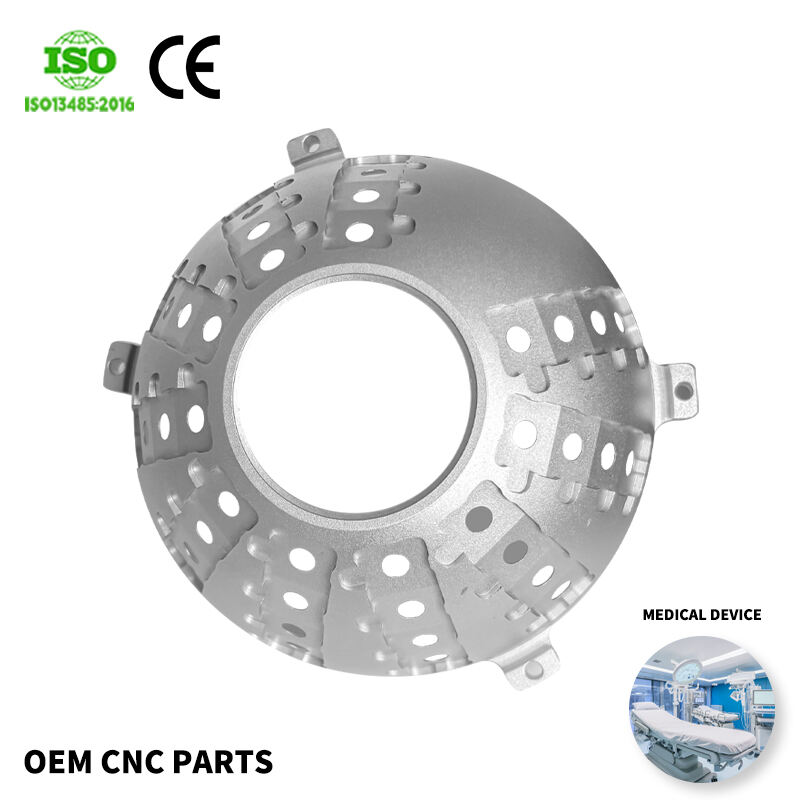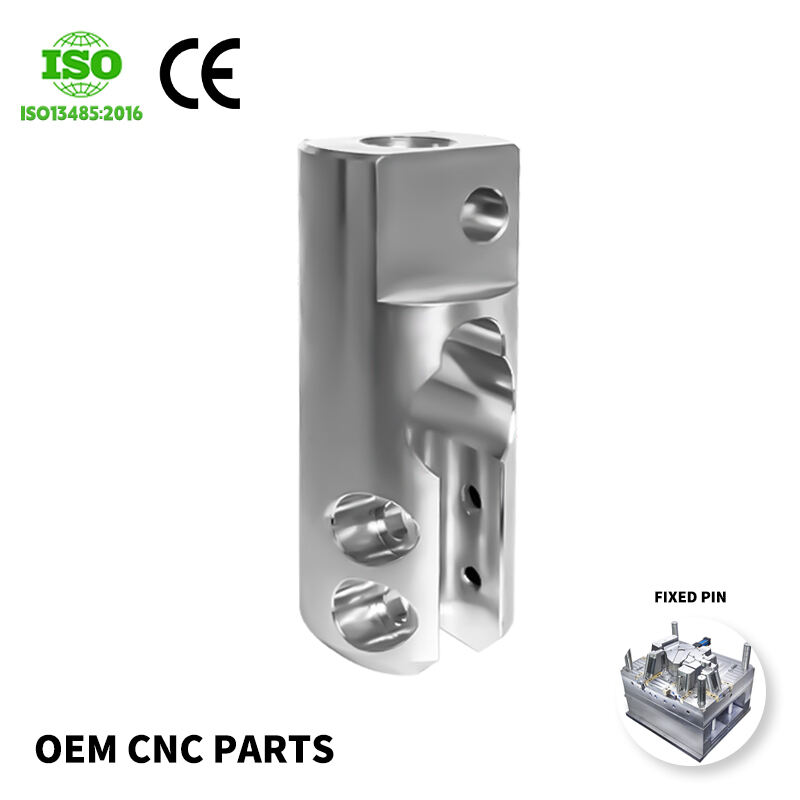cnc mechanical parts
CNC mechanical parts represent the cornerstone of modern precision manufacturing, combining advanced computer numerical control technology with mechanical engineering excellence. These components are manufactured through automated processes that ensure exceptional accuracy and repeatability in production. The parts are created using sophisticated CNC machines that interpret digital designs and transform raw materials into precise components through various operations including milling, turning, grinding, and drilling. Each part is crafted to exact specifications, often achieving tolerances measured in micrometers. The versatility of CNC mechanical parts extends across numerous industries, from aerospace and automotive to medical devices and consumer electronics. These components can be manufactured from various materials including metals, plastics, and composites, making them suitable for diverse applications. The integration of computer-aided design (CAD) and computer-aided manufacturing (CAM) systems ensures that each part meets stringent quality standards while maintaining consistency across production runs. Modern CNC mechanical parts often incorporate complex geometries and features that would be impossible to achieve through conventional manufacturing methods, enabling innovative design solutions and enhanced product performance.



